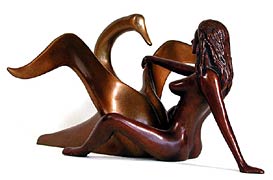 On Friday night I saw the history lecture on War and Memory in the Mary De'Angelo Performing Arts Center. This was an extra credit assignment for my history class. My teacher was hosting the history convention so he wanted as many people as he could get to come to the lecture. The lecturer was mostly talking about Post-Traumatic Stress Disorder, but this reminded me of the poem "To Roosevelt" by Ruben Dario because it is the only poem we read that mostly relates to history. Even though the speaker did not pertain his lecture to just the United States, but to everyone involved in war period so there is some relation to the poem with his speech topic.
On Friday night I saw the history lecture on War and Memory in the Mary De'Angelo Performing Arts Center. This was an extra credit assignment for my history class. My teacher was hosting the history convention so he wanted as many people as he could get to come to the lecture. The lecturer was mostly talking about Post-Traumatic Stress Disorder, but this reminded me of the poem "To Roosevelt" by Ruben Dario because it is the only poem we read that mostly relates to history. Even though the speaker did not pertain his lecture to just the United States, but to everyone involved in war period so there is some relation to the poem with his speech topic.Dario's poem "To Roosevelt" illustrates the Spanish ideas of the United States. He states, "The United States is grand and powerful. / Whenever it trembles, a profound shudder / runs down the enormous backbone of the Andes / If it shouts, the sound is like the roar of a lion. / (19-23). The U.S. President, Theodore Roosevelt, turned the country into a huge imperialist nation that showed no mercy to any body. The Spanish American War was fought around this time period and the U.S. dominated with an iron fist! America was such a powerful country that everybody knew that they had a lot of power over others. But with every war comes the stress on the soldiers, nurses, survivors, and victims afterwards. PTSD is a very serious psychological disorder that effects everyone involved in war. I learned a lot about the disorder from the lecture.






